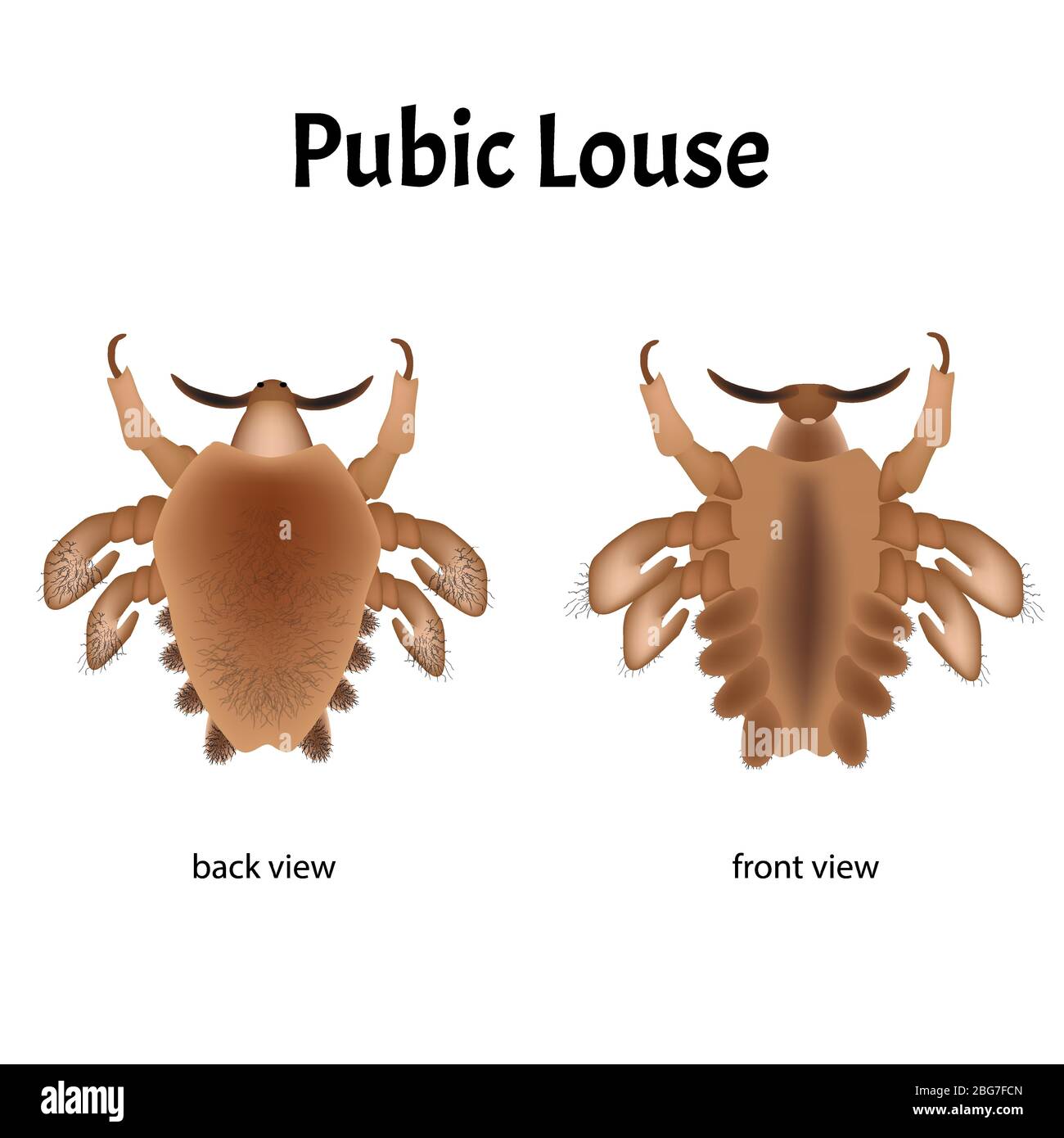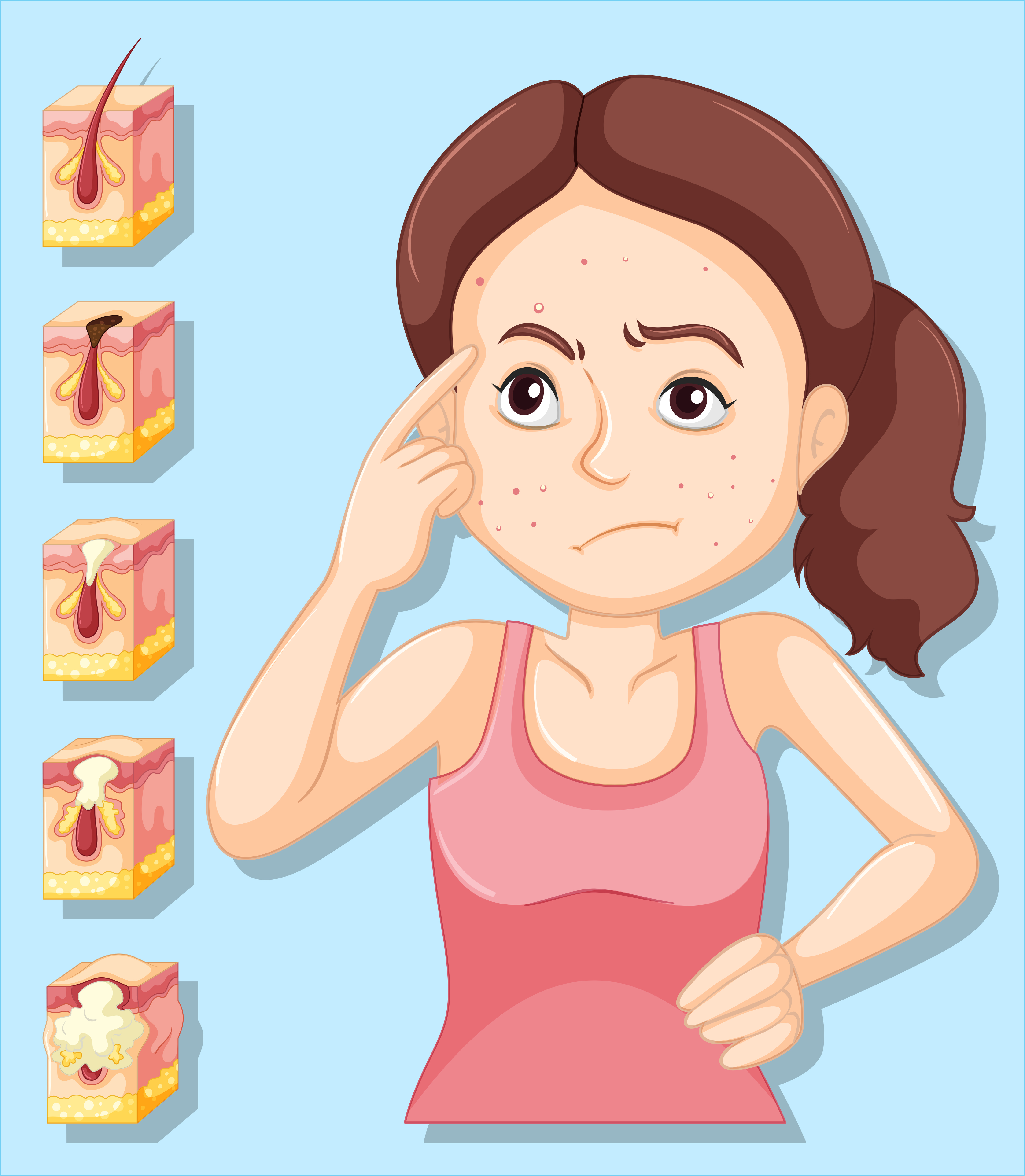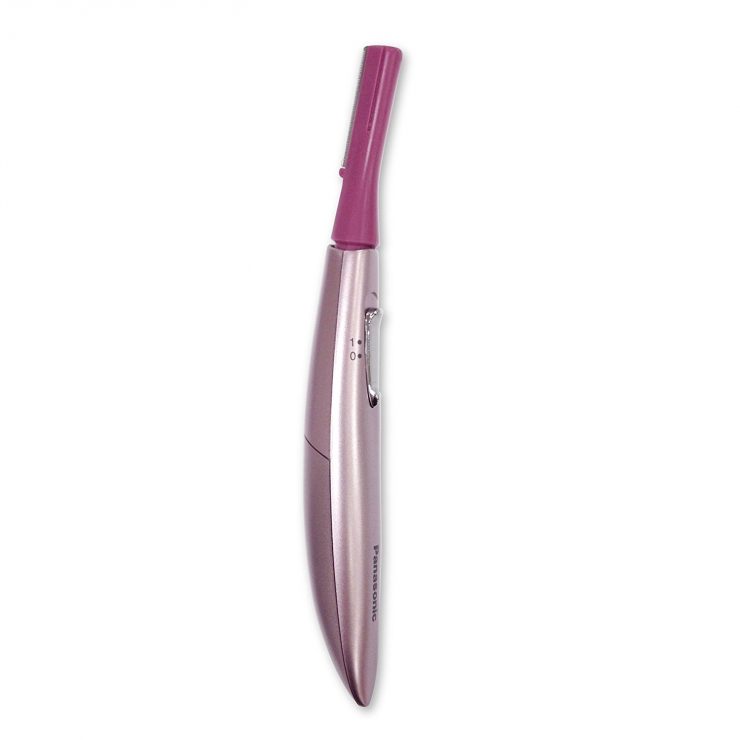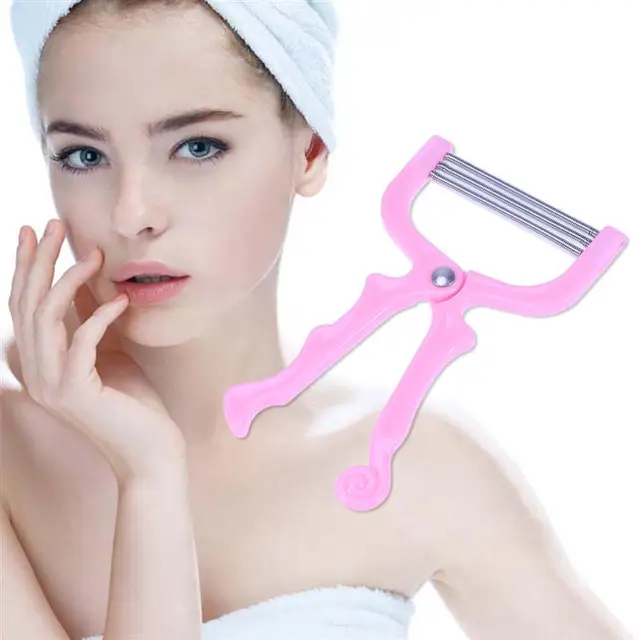Table Of Content

The same goes for sharing sex toys or using the same condom with more than one partner. OTC shampoos and lotions can be used to treat pubic lice. Contact dermatitis will often resolve if you leave the area alone. However, you may want to wash your pubic area with warm water to get rid of any irritants or allergens lingering on your skin. Applying a light, unscented moisturizer can also help relieve and repair inflamed and damaged skin.
What causes vaginal boils? Everything you need to know
Vaginal Boil:What It Looks Like, Treatment & Prevention, Per Experts - Women's Health
Vaginal Boil:What It Looks Like, Treatment & Prevention, Per Experts.
Posted: Fri, 18 Aug 2023 07:00:00 GMT [source]
Instead see your doctor, who can lance the boil in a way that will prevent infection. The pimple can become a boil if it fills with pus and continues to grow bigger for several days. Any irritation of the skin can result in formation of pimples.
What Are Symptoms of Genital Pimples?
Jock itch can quickly spread to other areas of skin or to other people through skin-to-skin contact or sharing towels or clothing. The first HSV outbreak is usually the worst, but outbreaks can remain painful and easier to spread without treatment. It’s safe to have sex while dealing with genital pimples.
When To See a Healthcare Provider

Your healthcare provider will diagnose a boil on the skin in your pubic area after a physical exam. This should not cause any pain and will be relatively quick. Most of the time, a boil will resolve without any medical intervention. If the infection is severe or causes a lot of pain, you may need to have the boil drained or your provider may prescribe an antibiotic.
How common are vaginal boils?
Dr. Flanagan explains that there are a few things you can do in the first 24 to 48 hours after you notice a new bump — but squeezing it isn’t on the list. Every piece of content at Flo Health adheres to the highest editorial standards for language, style, and medical accuracy. To learn what we do to deliver the best health and lifestyle insights to you, check out our content review principles. Self-care methods may prevent symptom flare-ups or relieve discomfort. Skin tags, small flaps of skin that form in areas where the skin rubs against itself. Severe cases may require a prescription antibiotic or antifungal cream.
Shaving the pubic area is a personal choice, and no one should feel under pressure for their pubic hair to look a certain way. However, avoiding hair removal may not be preferable or possible for some people. Both acids can help by exfoliating and removing dead skin cells from the surface of the skin and the hair follicles.
Apply a warm compress to the area several times a day to encourage the boil to drain. Depending on your symptoms and the size of the boil, your healthcare provider may prescribe antibiotics. You shouldn’t feel embarrassed to call your healthcare provider if you’re concerned. They may prescribe treatments that help genital pimples go away faster. Healthcare providers can also determine the cause of growths that aren't pimples. Pimples in the genital area may be a result of infection of the hair follicle due to bacteria.
How to prevent future vaginal area boils
Treatment options for vaginal acne vary according to the type and cause. Contact with allergens, hormonal changes, sweat, or viral infections can all lead to the same result, but they require different treatments. A pimple is a single infected bump that may or may not be caused by changing hormones. It’s typically persistent, although certain catalysts can cause acne flare-ups that cover a greater area of the skin. The skin in the genital area is very sensitive, and sweat, tight clothing, and body hair create an environment that encourages rashes and acne. If your symptoms do not improve with lifestyle changes or if another condition or disease is causing the pimples, see a doctor or gynecologist.
17 Best Ingrown Hair Treatments (Tested & Reviewed for 2024) - Cosmopolitan
17 Best Ingrown Hair Treatments (Tested & Reviewed for .
Posted: Tue, 23 May 2023 07:00:00 GMT [source]
Inflammation of the skin folds around the groin area, or intertrigo, can make your pubic hair feel itchy. Intertrigo is caused by moisture and bacteria collecting in areas of skin-to-skin friction, which irritates the skin and can cause it to break down. This itchy skin rash also increases your risk of infection from bacteria or fungi that thrive in moist skin folds. Both pimples and genital herpes appear as clusters of red bumps. They may both feel itchy or irritated, and they can both show up on your butt, too. Pimples and herpes each have distinct symptoms, though.
You can also try to relieve itchy skin with a soothing lotion. They include allergies, razor burns, pubic lice (crabs), autoimmune diseases, folliculitis, and jock itch. The itching can range from mild to relentless and may be accompanied by rash, bumps, redness, and skin discoloration. This is a common skin condition with signs of tiny, dome-shaped, and painless bumps. It results from a viral infection that spreads through sexual intercourse or towels and clothes sharing with an infected person. Poor hygiene and a warm, moist climate increase risk of infection.
They reduce existing symptoms and prevent further lesions from developing. Corticosteroids can be taken orally or injected directly into lesions. Side effects from long-term use include osteoporosis, hypertension, weight gain and increased vulnerability to infection.
Avoid wearing underwear that is too tight and wear soft, natural materials to reduce friction and sweating, which could damage hair follicles. Folliculitis is a common infection of the hair follicle, which is the opening that holds a hair’s root. It can affect one or many follicles and cause tiny, itchy red bumps, sometimes with a white tip. Yeast infections are treated with OTC or prescription antifungal medications. If you have razor burn, avoid shaving your pubic area until the bumps and itching disappear. You can typically get rid of razor bumps by leaving the area alone.
However, it’s important to note that certain sexually transmitted infections (STIs) can look very similar to a folliculitis bump or vaginal acne. If you’re sexually active, make sure to get tested for STIs to be safe. Preventing infected hair follicles in the pubic region includes practicing proper hygiene, including regular washing with warm water.
Boils can occur outside of the vagina on the labia, vulva or pubic area. Most vaginal boils resolve on their own with at-home treatment but in some cases, medical treatment from a health provider is needed. A vaginal boil (also called a furuncle or skin abscess) is a painful, pus-filled bump that develops under the skin in your pubic area.
Many sexually transmitted conditions are asymptomatic, meaning they do not cause symptoms. If symptoms develop, it’s considered a sexually transmitted disease (STD), not a sexually transmitted infection (STI). An occasional itch anywhere on the body, even your pubic area, is probably nothing to worry about. Itchy pubic hair that persists, however, may be caused by allergies, damage to the hair follicles, or an infection. Scabies must be treated with medications prescribed by a healthcare provider. Prescription permethrin (Elimite) 5% cream or malathion (Ovide) 0.5% lotion can typically treat a scabies infestation in a few days.
Most of the time, vaginal pimples clear up on their own. You can prevent them from recurring with lifestyle changes and simple home remedies. Additionally, pimples on this part of the body are caused by several skin conditions and diseases. Boils should only be lanced (cut) and drained by a healthcare provider. In some cases, a healthcare provider may recommend oral antibiotics or an antibiotic injection to promote healing.











